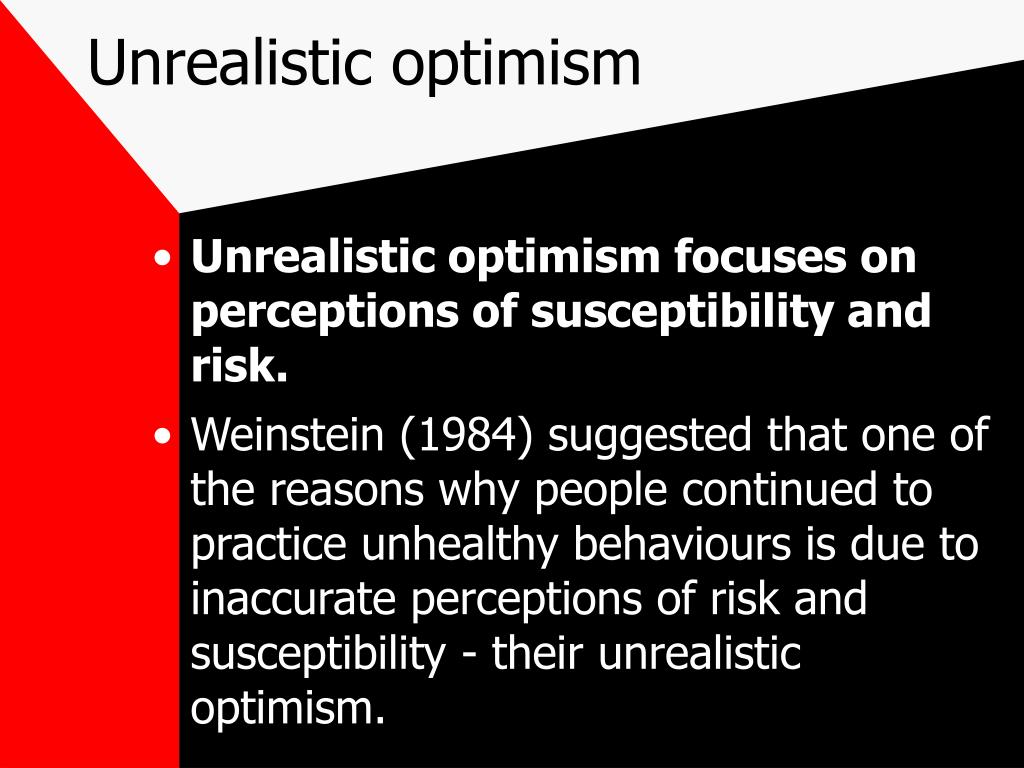
Optimism may significantly influence mental and physical well-being by the promotion of a healthy lifestyle as well as by adaptive behaviours and cognitive responses, associated with greater flexibility, problem-solving capacity and a more efficient elaboration of negative information.Īs it is commonly understood, the term ‘optimism’ embraces two closely correlated concepts: the first is the inclination to hope, while the second more generally refers to the tendency to believe that we live in “the best of all possible worlds”, as coined by the German philosopher Gottfried Wilhelm Leibniz in his famous theodicy, ridiculed in Voltaire’s Candide.

There is evidence that optimistic people present a higher quality of life compared to those with low levels of optimism or even pessimists. Through employment of specific coping strategies, optimism exerts an indirect influence also on the quality of life. A significant positive relation emerges between optimism and coping strategies focused on social support and emphasis on positive aspects of stressful situations. Positive and negative expectations regarding the future are important for understanding the vulnerability to mental disorders, in particular mood and anxiety disorders, as well as to physical illness.


This overview is an attempt to explore the “optimism” concept and its relations with mental health, physical health, coping, quality of life and adaptation of purpose, health lifestyle and risk perception. Many studies have been carried out about the effectiveness of optimism as a psychological phenomenon, leading to various theoretical formulations of the same concept, conceptualized as “disposition”, “attributional style”, “cognitive bias”, or “shared illusion”.


 0 kommentar(er)
0 kommentar(er)
